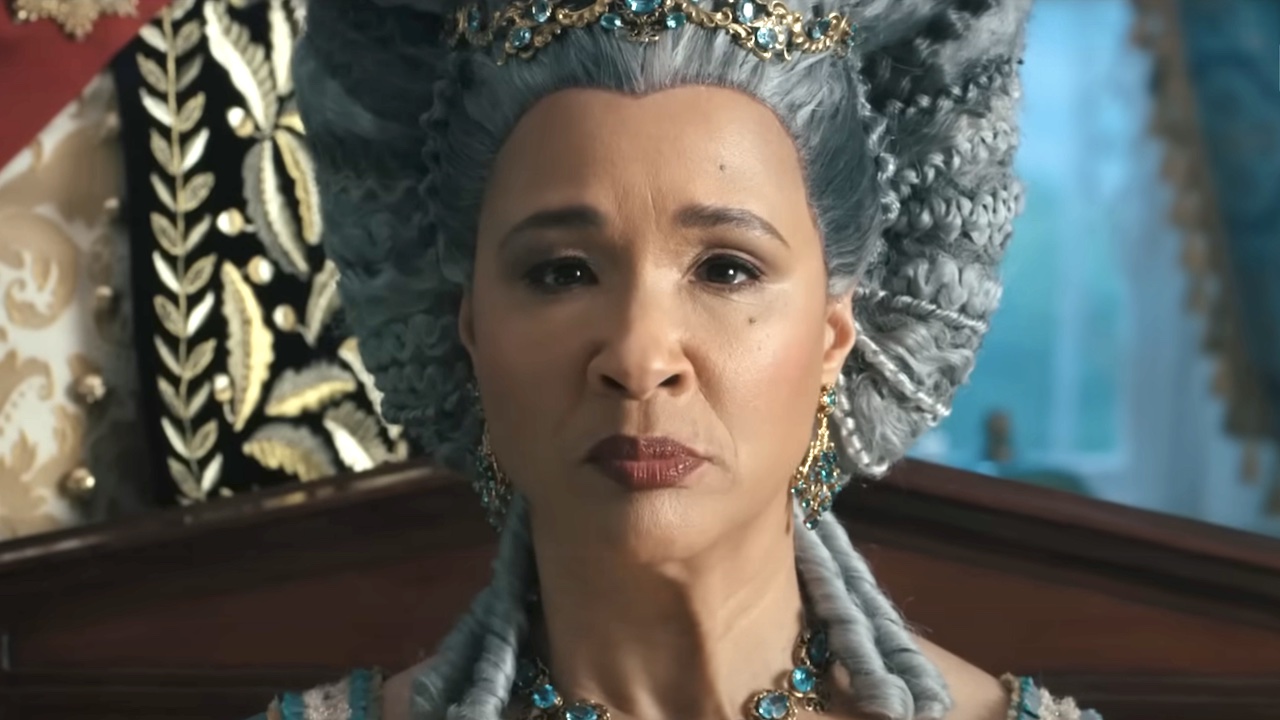Yes, Hollywood people have different rules of privacy than we do, not to mention a far greater tolerance for watching themselves on film. But there still seems to be something daring or outright stupid about what went into Hit & Run, which Dax Shepard not only wrote, co-directed and stars in, but stars in opposite his real-life fiancee Kristen Bell-- as his fictional fiancee, no less. Though the majority of Hit & Run is about a very goofy chase across southern California, with drug dealers and jealous exes and a gay sheriff for some reason, the relationship between Shepard and Bell is the emotional focus, in a way that gives the audience an uncomfortably intimate look into their actual lives together.
Granted, these two are actors, and the circumstances of Charlie and Annie, who meet after Charlie goes into the Witness Protection Program for ratting out his former criminal buddies, are nothing like Shepard's and Bell's in real life. But the first scene shows them giggling and snuggling in bed together, and everything from the way they argue to the general power dynamics feel oddly true, as if a carefully wrought relationship drama is bubbling up from inside this caper-- or as if real life is stealing focus. And the relationship doesn't always seem so positive-- Bell's Annie is a killjoy or a control freak much of time, while Shepard's efforts at placating her sometimes feel as much like patronizing as actual adult compromise. The spark between them is genuine, and gives a lot of life to what could have been a dull romantic center to this movie, but it all feels a bit too personal, like we're peeking through the curtains of their bedroom and they're begging us to like them.
There's a lot of noise and silliness in Hit & Run to balance out all this privacy invading, at least, with Charlie deciding it's time to bust out his old muscle car and return to the scene of the crime (Los Angeles) when Annie is offered her dream job, teaching non-violent conflict resolution at a nameless college. That flashy car gets the attention of Annie's over-protective ex (Michael Rosenbaum), his sheriff brother (Jess Rowland), and eventually Alex (Bradley Cooper, in dreads and a horrible hippie sweater), the guy who Charlie helped put in jail. You may ask yourself why in the world Charlie would drive this insane car-- Annie has a perfectly good, normal one-- when he's trying to keep a low profile. The movie neither asks nor answers this question, and whether they assumed you were too stupid to ask it or didn't even think about it in the fun of making this movie is unclear.
The list of celebrity cameos is practically endless, with Kristen Chenoweth as Annie's pill-popping boss, Shepard's Parenthood co-star Joy Bryant as Cooper's partner in crime, Beau Bridges in a late appearance as Charlie's dad, and most notably Tom Arnold as the bumbling special agent assigned to watch Charlie, who winds up in a romance with the gay sheriff in one of the movie's painful comic subplots. Though all the film's characters-- yes, even the gangsters-- are largely sweet and open-minded, Shepard's script gets uncomfortable mileage out of a string of gay jokes, while also walking it back with a long conversation about not throwing around the word "fag." Characters constantly act illogically to better set up gags or chase scenes, and while a lot of the humor is on point, it's frustrating to be caught in a plot-heavy chase movie that couldn't care less about making sense.
Shepard and co-director David Palmer seem to have made this movie entirely for the cars, as scenes of wheels spinning and chases through tight corridors get a ton of loving close-ups and, in at least one case, a very surreal music cue. It probably was fun to drive all these hot cars around California, and make a movie with your friends and sacrifice plot logic for better jokes. But where's the fun for the audience in all that?
Your Daily Blend of Entertainment News
Staff Writer at CinemaBlend


